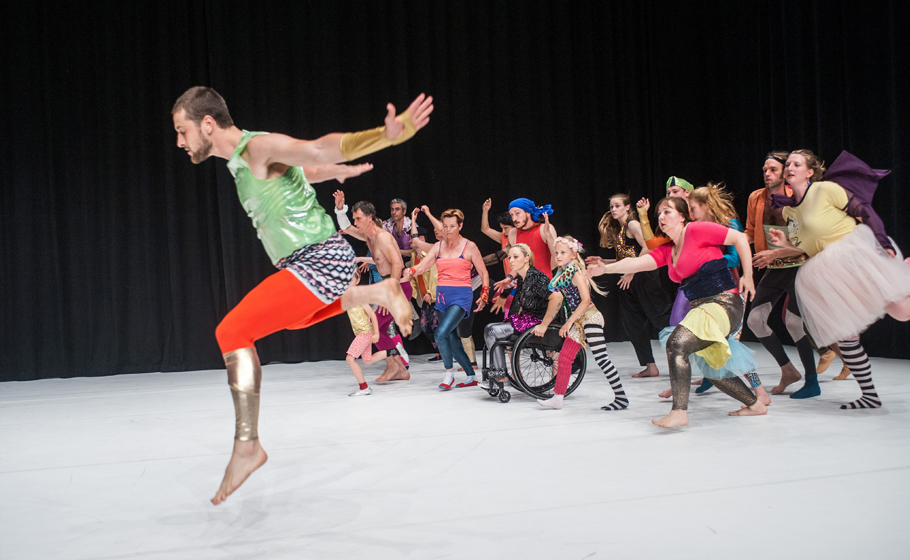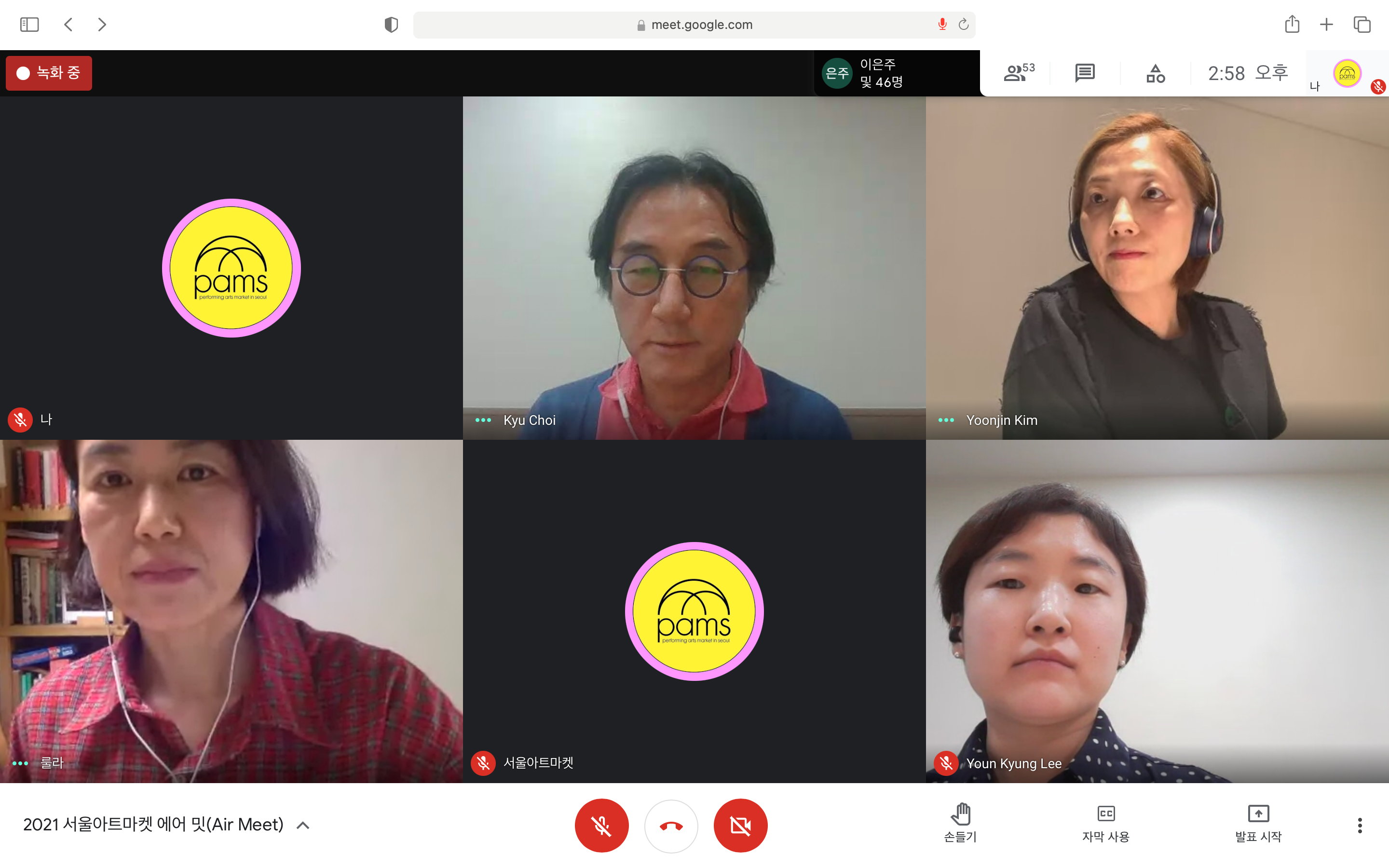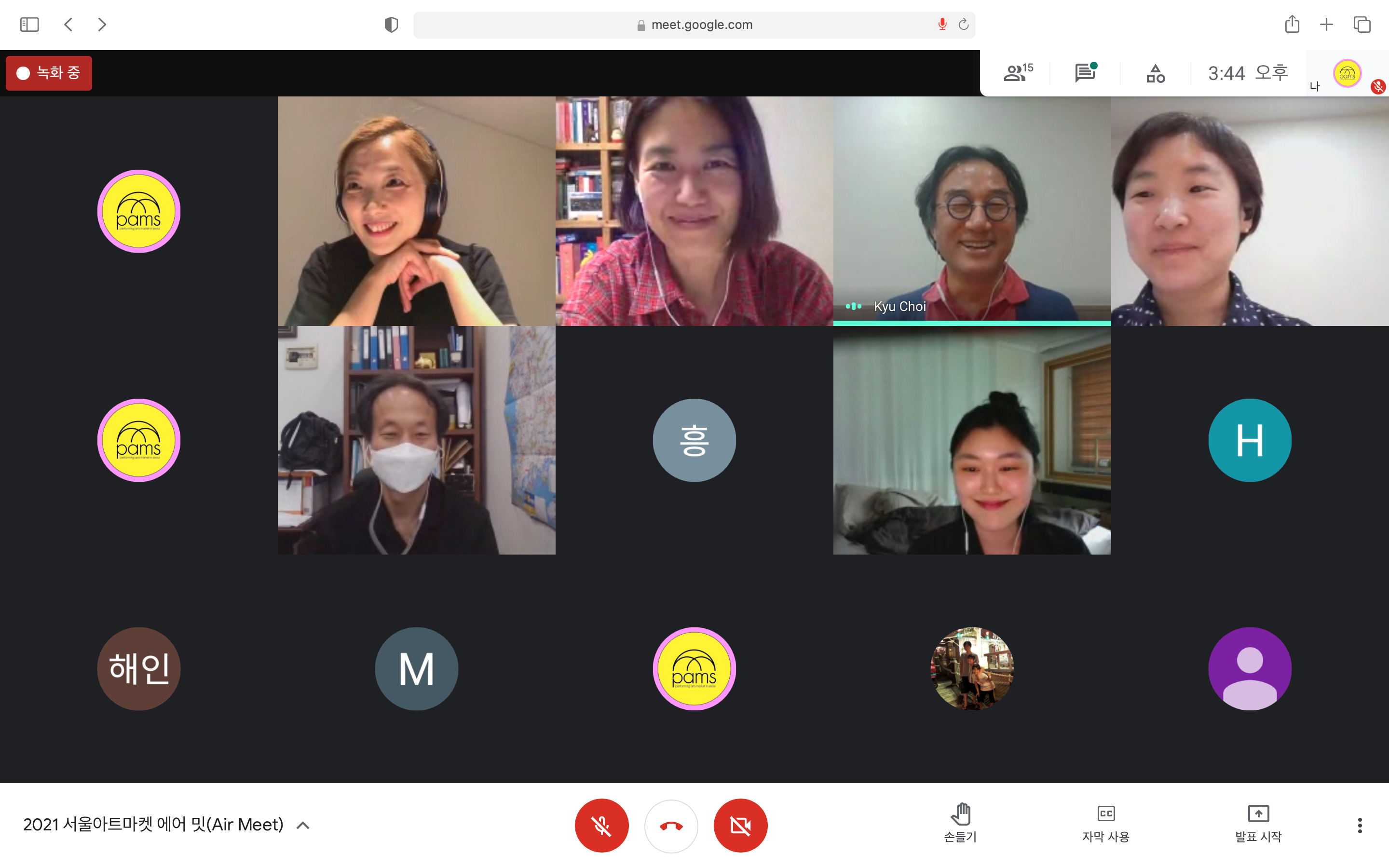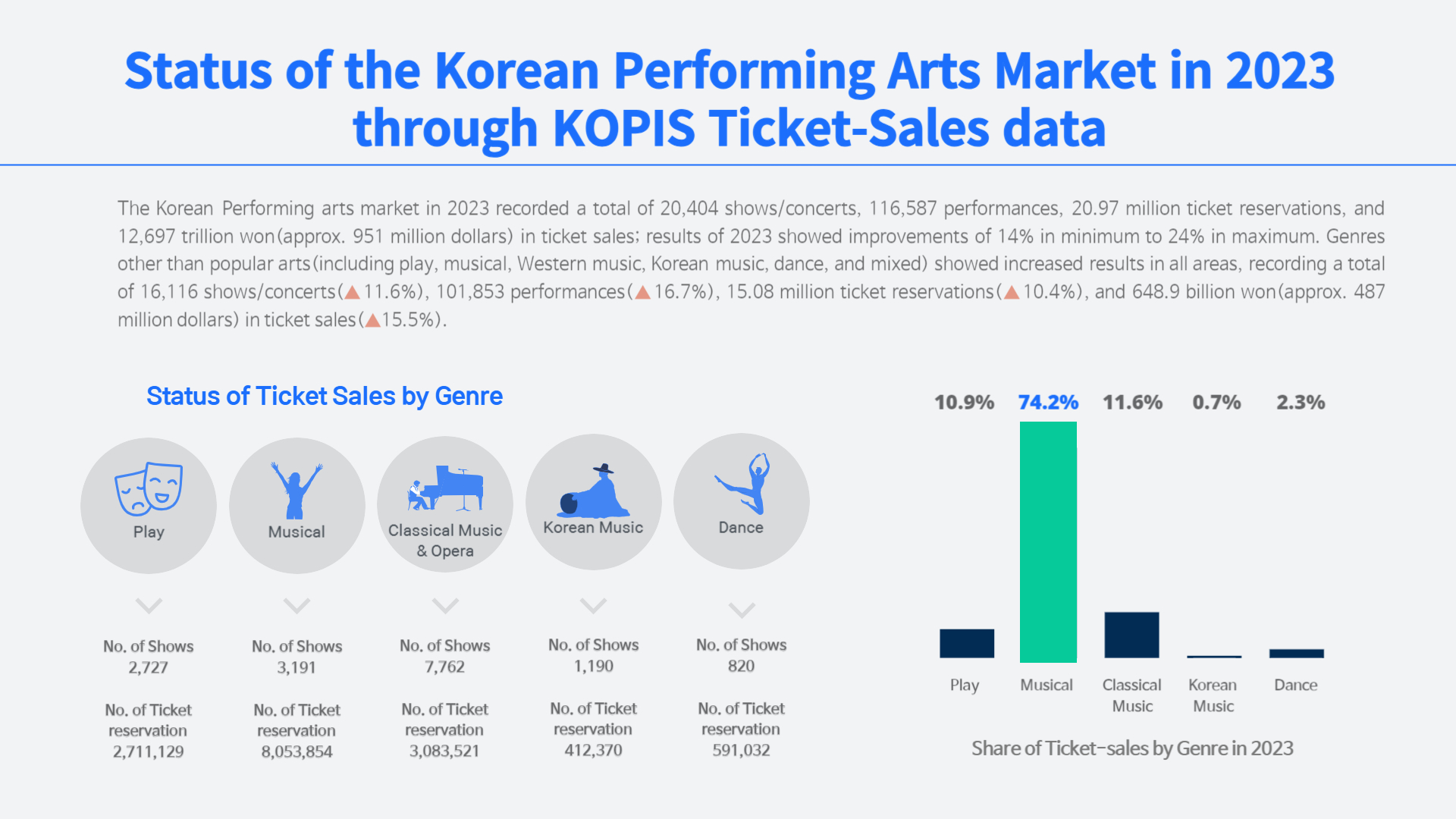Putting concept into action: The devil is in the details
- Based on the case of international co-production of Gala
by Jérôme Bel
_Kyu Choi, producer of AsiaNow

Gala by Jérôme Bel ⓒPhotographer Bernhard Müller, Salzburg Sommerszene (Austria, June 2016)
The 2021 Performing Arts Market in Seoul (PAMS) is presenting two new additions to its annual international programs, Air Meet and PAMS Season. Air Meet holds monthly discussions on core issues of international exchange, and PAMS Season (dance in 2022) brings a genre and a theme into focus each year in cooperation with festivals, theatres, creative spaces and institutions from home and abroad.
The Air Meet of June took place on the 3rd, on the topic of “New dialogues and standards for international mobility and circulation in the post-pandemic era.” It focused on the case of an international co-production carried out by Seoul Performing Arts Festival under the title, “Ethics of international collaboration in the case of Jérôme Bel’s Gala.” Kim Yoon-jin, a choreographer who worked as executive director for the piece in Korea, Emilia Y.K. Lee, the chief manager of the performing arts planning team in the Korea Art Management Service (KAMS), and Jisun Park, a producer from the Project Group DOT who has been working actively in the field of international exchange joined as presenters and panelists. Having these three experts brings in the perspectives of a creator, a producer and a festival organizer as we are carefully looking into the specific case of international co-production in order to identify new needs that are arising and lessons that we should not fail to learn.
When doing an international tour, Jérôme Bel’s Gala does not take the conventional approach of physically moving itself to another country. Instead, it brings the creator’s concept and the context to a local stage by working together with a local production team and artist via online collaboration. It is mentioned by many as a good practice in the era of COVID-19 for international exchange, mobility and circulation. However, Kim Yoon-jin, the former Korean executive director for the co-production, has raised issues regarding “the ethics of international collaboration” after the production, and that is the background of how the topic was selected for the Air Meet in June.
Co-production process and issues raised
For the co-production of Gala, its introduction as an art work, a detailed protocol and a choreography score were shared with the local production team. Based on those, the Korean team rehearsed at a local venue while their counterpart was joining via online. While the concept created by Jérôme Bel, the choreographer of Jérôme Bel company, was at the foundation of this international collaboration, the central roles in a practical manner were played by Rebecca Lee as executive artistic advisor, Henrique Neves as assistant director, and Kim Yoon-jin as executive director from the Korean side. The total production time including the major coordination process was 3 months. During that time, around 20 amateur participants and professional dancers had gone through very short and intense rehearsals to put the work on stage. Participants’ backgrounds varied in terms of their age, race or disability.
Kim Yoon-jin started her presentation at the roundtable by saying that her intention is not to put focus on certain problematic behaviours that occurred during the creative process and international co-production on a personal level, but to reflect on; how should we approach each other when doing an international exchange, especially during collaboration process; what is important; and what have we been missing.
In her view, the core values of this work are equality, diversity, and challenging spirit. She expected that this work would be participated by people from various backgrounds regardless of age, race, disability, etc. and that the values of equality and diversity would be fully respected during the international collaboration. However, she had faced situations during the rehearsals, in which those values were significantly contradicted, and mentioned her disappointment for such inconsistency. For example, a disabled dancer was put on a spot during a rehearsal without his circumstances being fully considered. And when Yoon-jin raised an issue on that, her approach was defined as “care” while the assistant director, Henrique’s approach was defined as a “solution” to a problem. Despite the fact that Jérôme Bel company had acknowledged the limitation arising from joining the rehearsals via online and promised they would leave Yoon-jin fully in charge of decision making on site, they had defined her approach as “care” and made remarks that undermined her authority as the local executive director. On that point, she once again highlighted the necessity of mutual respect in international collaboration.
Another example was when Jérôme Bel company made a last-minute request on the day of the performance to have the dancers change into the same costumes they wore the day before so the video recordings from two days could be edited into one better version. The communication regarding the issues that Yoon-jin has raised after the collaboration, most clearly shows the gap between how the two sides see the issues, and Yoon-jin pointed out that this is where we should reflect upon in order not to miss what’s important in international collaboration.
Essentially, she casted a fundamental question on whether the core values of the work and Jérôme Bel’s philosophies are shared and put into practice by the creators and staff members of the local production. In other words, she has asked whether it is the creator, who has concocted the concept and the philosophy of the work, that has to check if his work is mistakenly creating an unequal work environment; inflicting serious pain on someone; or objectifying others to achieve expected results. That question led her to call for a discussion among us to identify what international collaboration fundamentally needs in order for the cultural diversity and respect for differences to be fully reflected and put into practice instead of becoming empty rhetoric.

Background of Festival Organization
Emilia Y.K. Lee, the chief manager who was in charge of inviting works and coordinating international co-productions, presented the history of how the co-production had been organized since 2019. The biggest motivation for inviting Gala came from the fact that Jérôme Bel puts his response to climate change into art practice and that he moves between continents in a manner that minimizes the carbon footprint. Also, the announcement of the pandemic in 2020 has made the festival look for an alternative way of inviting international works instead of using a previously established physical touring format, which had finalized the decision to select Gala.
However, Emilia expressed how the short production time of 3 months from June 2020 posed challenges and difficulties. As a festival producer working in the time of limited international mobility caused by the pandemic, she has brought to the discussion table questions regarding; the responsibilities and roles of local artistic collaborator; decision making authority; responsibility for assuring artistic quality; manner of communication during production; and effective communication methods.
What are the remaining questions and contemporaneous reflections regarding international co-production?
After hearing from the two previous presenters, Jisun Park began her remarks as panelist, by saying how hard it is for people from different cultural backgrounds to work together when even domestic cooperation is very difficult.
Jisun found it meaningful how Jérôme Bel works together with local dancers to create a new piece by attending rehearsal via online and uses titles such as co-author and co-creator for them. His concerns towards excessive globalisation in the dance field where similar performances are continuously distributed mainly in the form of touring, and the announcement of his decision to be responsible as an artist in the face of climate change has brought Jisun’s attention to his creative works and international mobility.
However, she questions what separates Gala from the existing tour-centric international mobility, besides the fact that it reduces carbon footprint by not involving air travel, as well as what significance it holds as a contemporaneous production method and art creation. She paid attention to the production process that Yoon-jin shared and said that “the process is so important that we can even consider the process itself to be the end result for this piece. And the philosophy of equality and diversity seems to be vital amongst the participants from diverse backgrounds.” A fundamental question raised by her is whether core elements such as the creative method and philosophy can be fully shared by simply providing manuals including choreography scores and protocols.
Secondly, she presented the idea of ethics and equality in collaboration and the newly emerging danger in non-hierarchical collaboration methods. She referred to a rather radical presentation made by Ong Keng Sen in a discussion last month, in which he mentioned the concepts of “neocolonialism” and “outsourcing” in international co-production and co-creation, while asking what the important things are in international collaboration going forward. In her view, what’s most important in international co-production is mutual respect and pre-production relationship building amongst collaborators. She emphasized that going into an international co-production without having enough mutual respect or pre-production relationship building will end up making it focus only on its results without paying attention to its process, adding that such a way of art creation and international exchange belongs in the past.
Thirdly, she said there could be various main actors in international co-production, and as for Gala, the main actors of collaboration were the artists and the festival in her opinion. When Gala was organized, the international artist and the Korean festival moved the process forward as the main actors and appointed a Korean executive director. Jisun has questioned whether the roles and responsibilities of the Korean collaborator remained vague in that process. She also questioned whether 3 months of production time was feasible when normally an international co-production takes around 2 years. She once again emphasized how important it is for festival organizers such as the Seoul Performing Arts Festival (SPAF) to be equipped with organizational expertise, as they are the ones who have to find solutions to a series of issues that might arise during the production process.

Closing: How to put the concept into action?
The limited physical mobility caused by the pandemic is not the only reason why we question the ideas of international exchange, mobility and circulation in the post pandemic world. Traditional formats of international touring and co-production can still be valid after the pandemic is over. However, It is important for us to look into, and to find our ways around questions such as; how do international exchange, mobility and circulation look like when it is based on artistic diversity, inclusiveness, equality and ever-changing contemporaneous artistic value; what artistic responses to climate change can artists, producers, festivals and theatres put into practice; what are the contemporaneous ideas on international mobility and circulation for those of us living in the time when the technologies is deeply embedded in our day to day lives.
Artists’ endless imagination can turn crises into opportunities. In such a perspective, Jérôme Bel’s new approaches and practical responses deserve to be respected. However, our first question is whether a concept touring with protocols and a choreography score in its foundation can transfer its philosophies and ideas through the digital space. The second question is how different culture, locality and social context should be transferred. In other words, how cultural dramaturgy should be interpreted in various ways during creation and production processes, and what decision-making process it should go through. The third question, as mentioned by the presenters and panelists, is how mutual respect and trust can be built during the collaboration process and how the space and the structure for open conversation can be ensured in case challenges and difficulties arise during the production process.
Taiyang Yun in his paper, “Era of mobility, affective changes and becoming ethical: with the philosophy of Xunzi as main focus” says that the effect of mobility involves not just physical movements but subject’s affect, experience, awareness, perception, etc. He points out that people face a paradox of unexpected increase in surveillance and exclusiveness in the era of highly advanced mobility of technology, and claims that a prerequisite for ethical acts is a mindset that does not exclude others.
I hope one day we will have an opportunity to have a discussion with Jérôme Bel on what philosophies and ideas should be transferred together with the concept of work in concept touring, as well as on what transferring subjectivity means.
PRODUCER AND CREATIVE DIRECTOR, ASIANOW / PAMS 2021-2022
Currently working as creative director at Performing Arts Market in Seoul. Kyu is a producer, festival director and researcher. Under the themes of ‘Diversity and Inclusion, Art and the City’ and ‘Art and Technology’ Kyu has recently developed several research-led workshops and practices including ‘Connected City’, ‘The Korea DMZ Lab’ and Accessibility and creative development for arts and disability. Kyu has worked as artistic director as well as creative director for the UK/Korea Season Festival 2017-18, the Chuncheon International Mime Festival, and the Ansan Street Arts Festival. He is a founder of AsiaNow productions and has worked to develop the Asian Producers’ Platform and APP Camp 2014-2019.
Translated by HJ Park








 PREV
PREV

.jpg)
.jpg)
.jpg)
.jpg)











